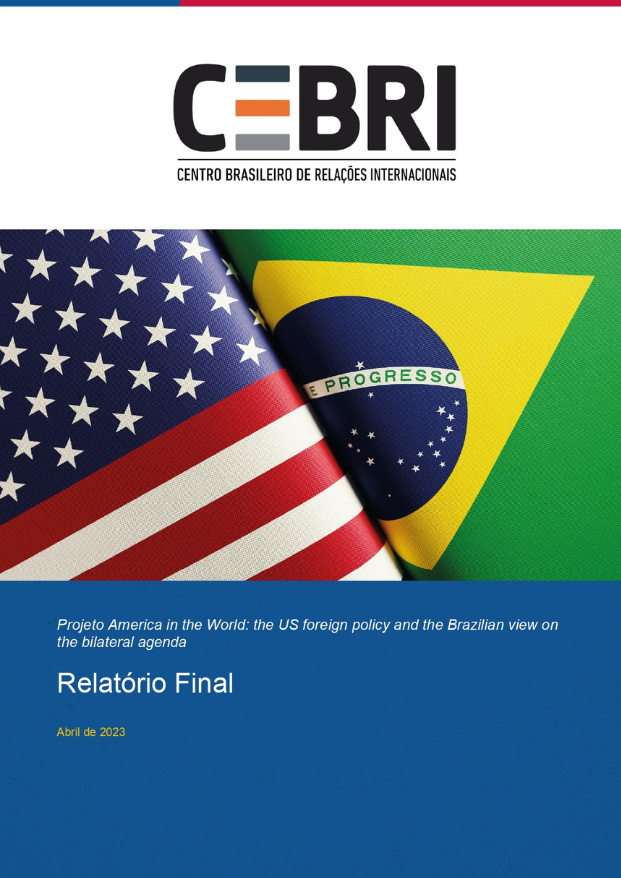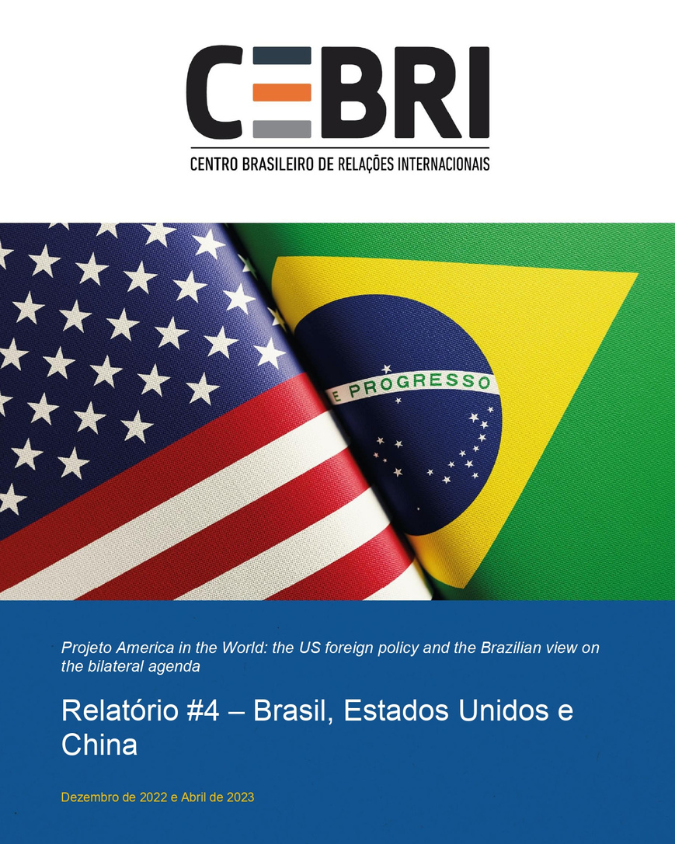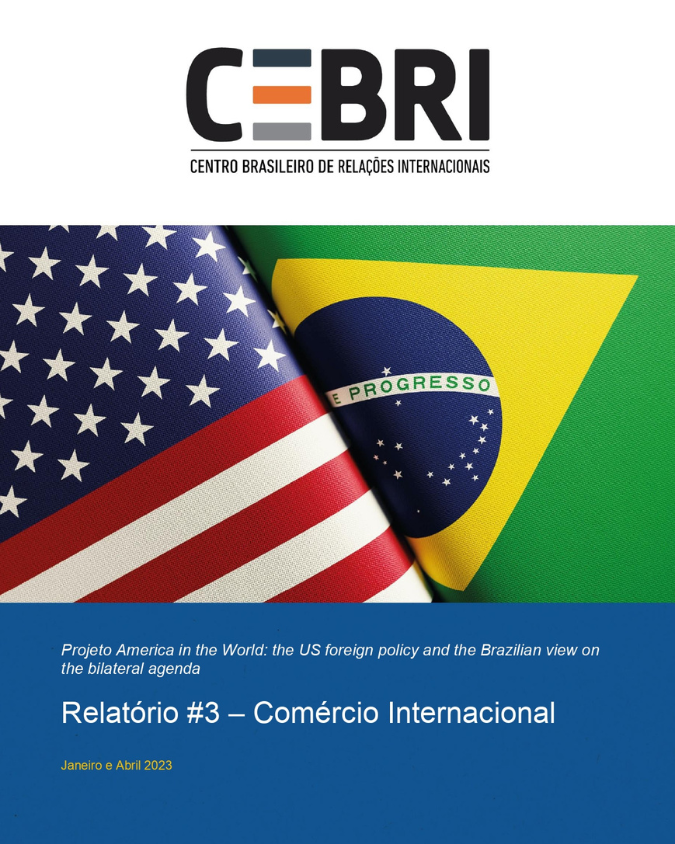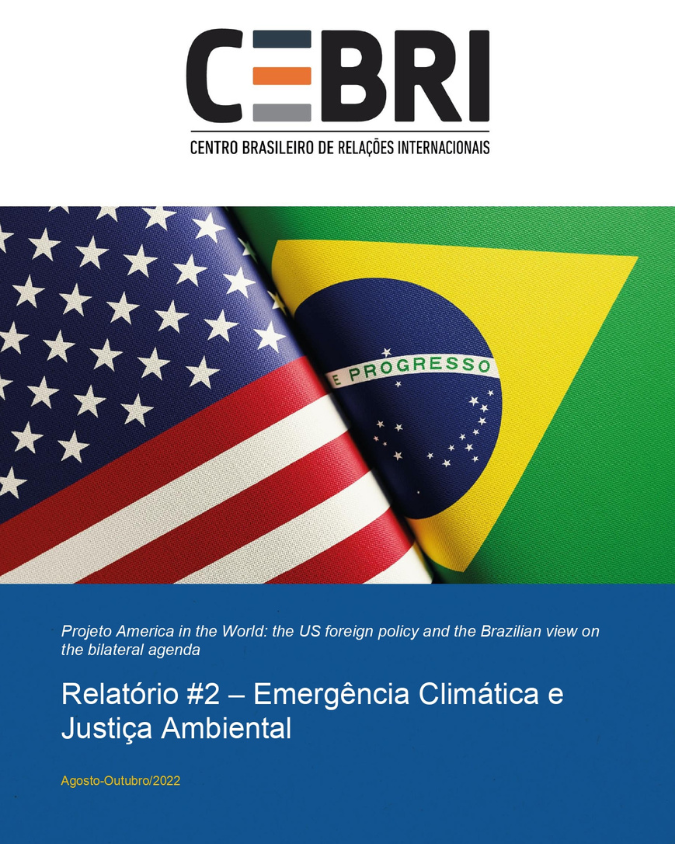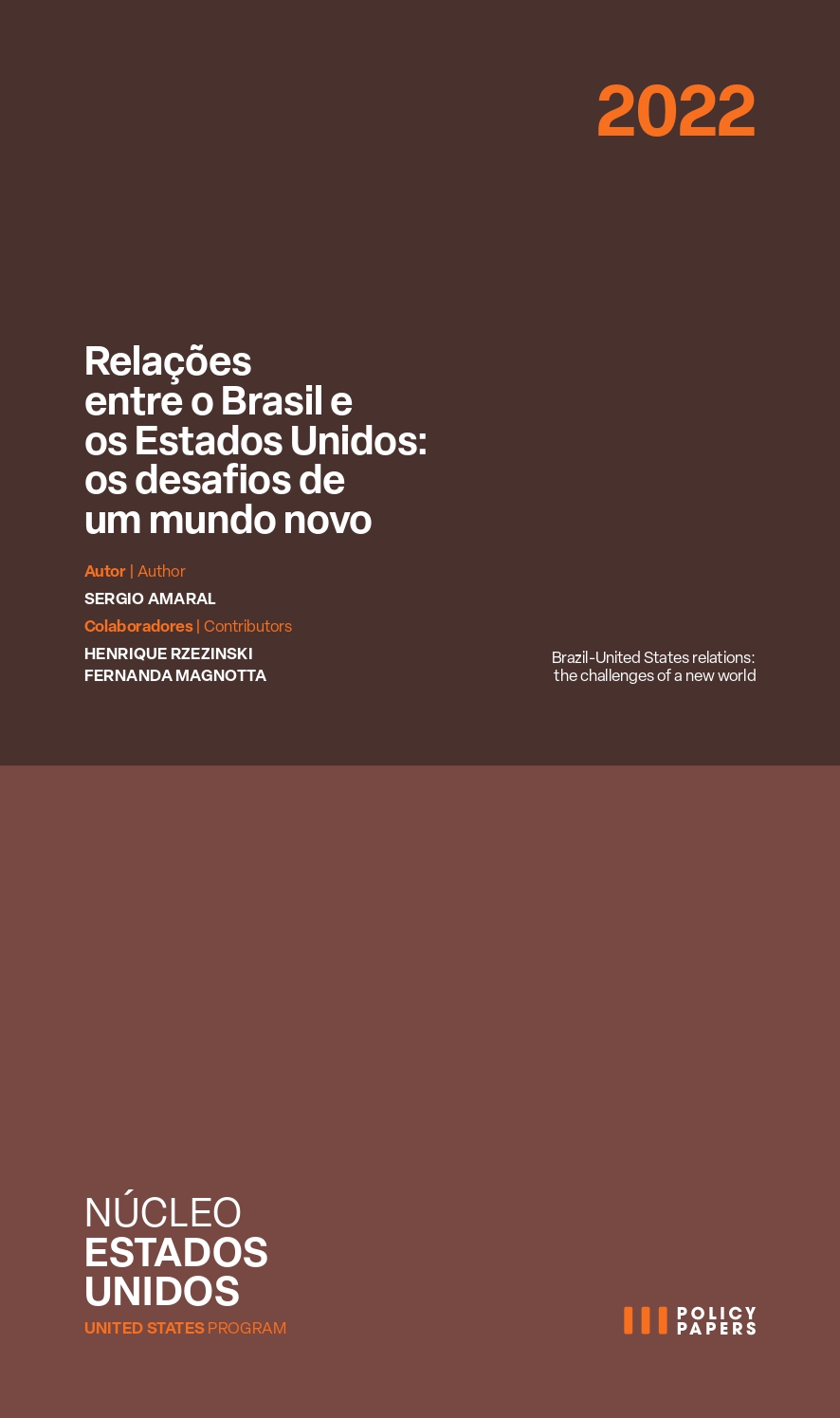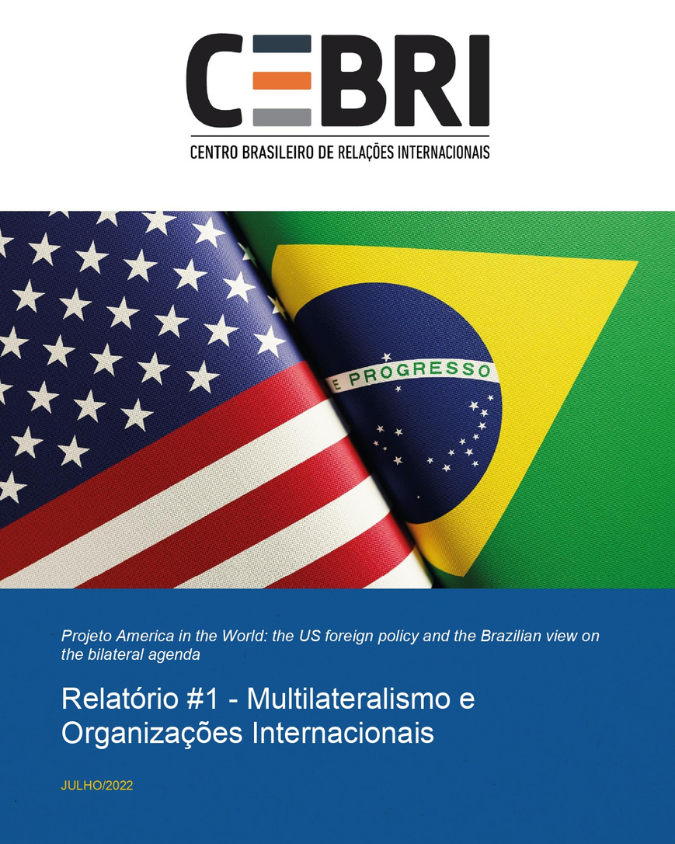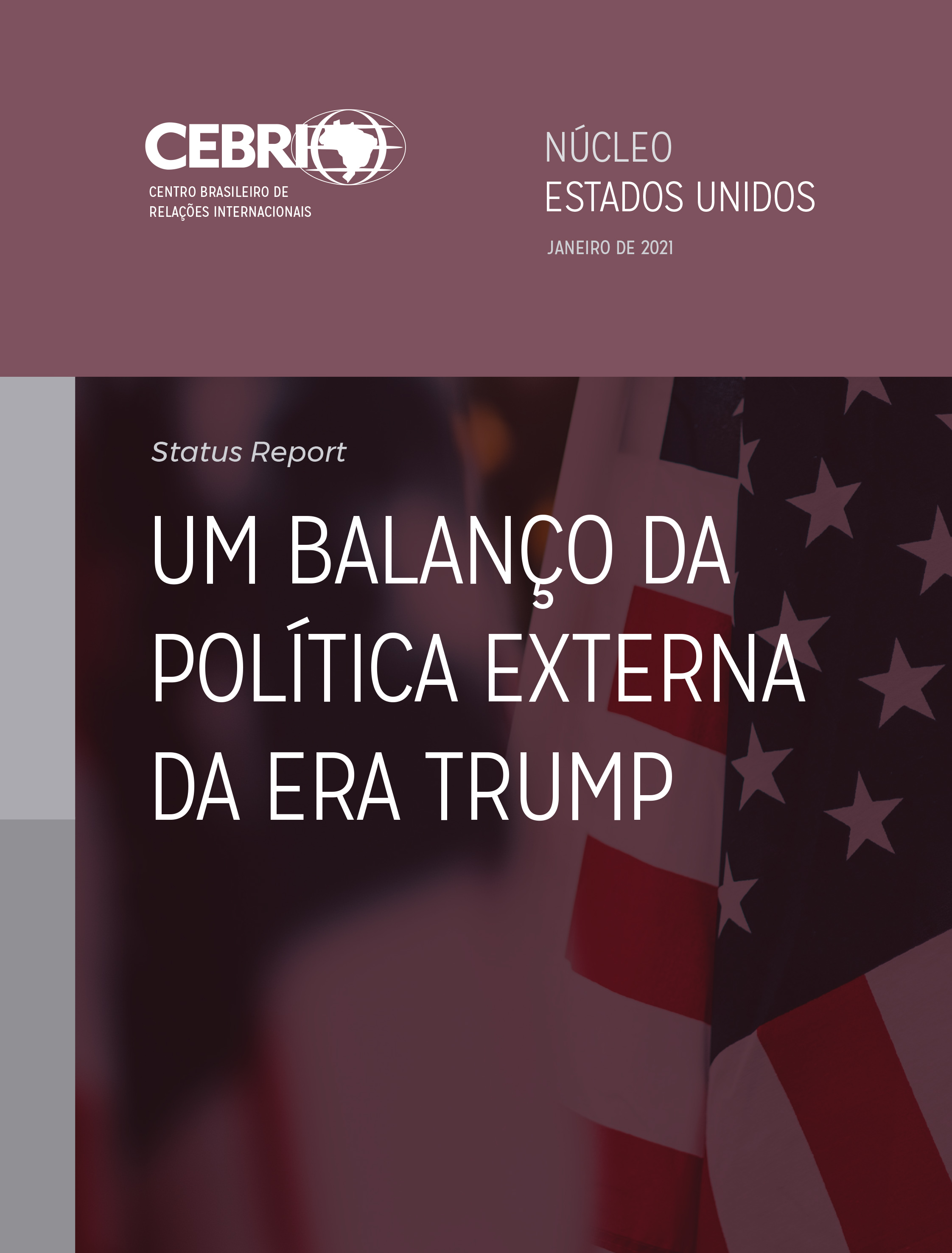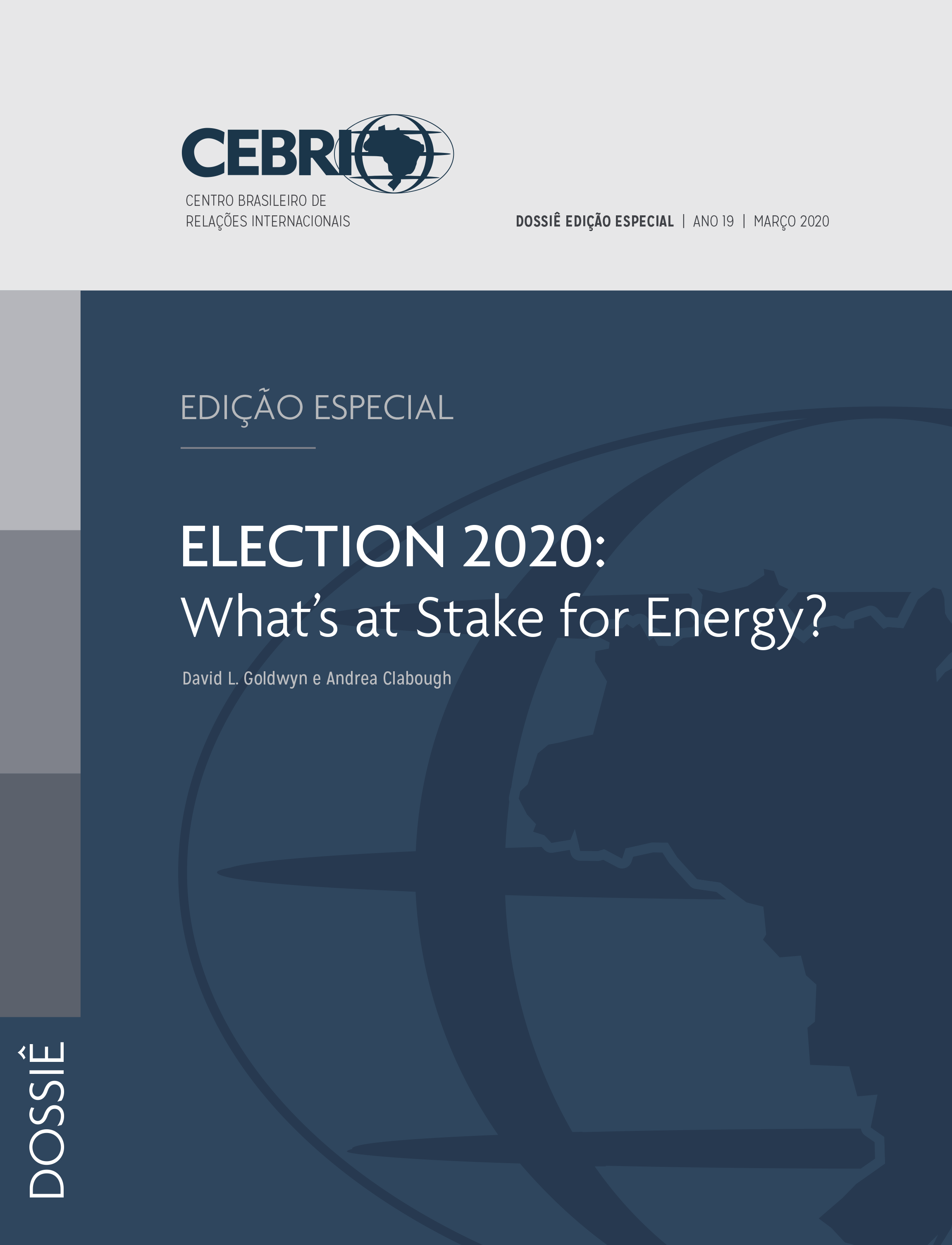Reports
100 Days of Trump and the New Geopolitics: Brazil between China and the US
- North America
- 28 april 2025
The first months of a new administration often signal its political and economic direction. Trump’s return to the presidency represented a significant shift compared to previous administrations – even in relation to his own first term (2017-2020) – especially regarding multilateralism, international trade, and partnerships with historic allies such as Canada and European countries.
Issues such as potential revisions to trade agreements, restrictions on imports and exports, and threats of economic sanctions are redefining the United States' position in the global arena and may have cascading effects on trade partners, including Brazil. Furthermore, the relationship between Brazil and the U.S., which has historically fluctuated between strategic alignment and economic pragmatism, may face specific challenges depending on the priorities set by the new U.S. government.
In a context of uncertainty and the U.S. moving away from free trade policies, it is important to consider how this configuration affects the dialogues Brazil maintains with two major other trading partners: Europe – seen as a bloc – and China, whose prominence in the Brazilian economy has grown significantly throughout the 21st century.
In this scenario of major changes and instability, Trump’s recent signals regarding the possibility of recession and inflation in the U.S. add uncertainties about the future and volatility in the financial markets. Thus, these first hundred days of his term reveal a very peculiar context that favors combative approaches over bridge-building.
The first months of a new administration often signal its political and economic direction. Trump’s return to the presidency represented a significant shift compared to previous administrations – even in relation to his own first term (2017-2020) – especially regarding multilateralism, international trade, and partnerships with historic allies such as Canada and European countries.
Issues such as potential revisions to trade agreements, restrictions on imports and exports, and threats of economic sanctions are redefining the United States' position in the global arena and may have cascading effects on trade partners, including Brazil. Furthermore, the relationship between Brazil and the U.S., which has historically fluctuated between strategic alignment and economic pragmatism, may face specific challenges depending on the priorities set by the new U.S. government.
In a context of uncertainty and the U.S. moving away from free trade policies, it is important to consider how this configuration affects the dialogues Brazil maintains with two major other trading partners: Europe – seen as a bloc – and China, whose prominence in the Brazilian economy has grown significantly throughout the 21st century.
In this scenario of major changes and instability, Trump’s recent signals regarding the possibility of recession and inflation in the U.S. add uncertainties about the future and volatility in the financial markets. Thus, these first hundred days of his term reveal a very peculiar context that favors combative approaches over bridge-building.
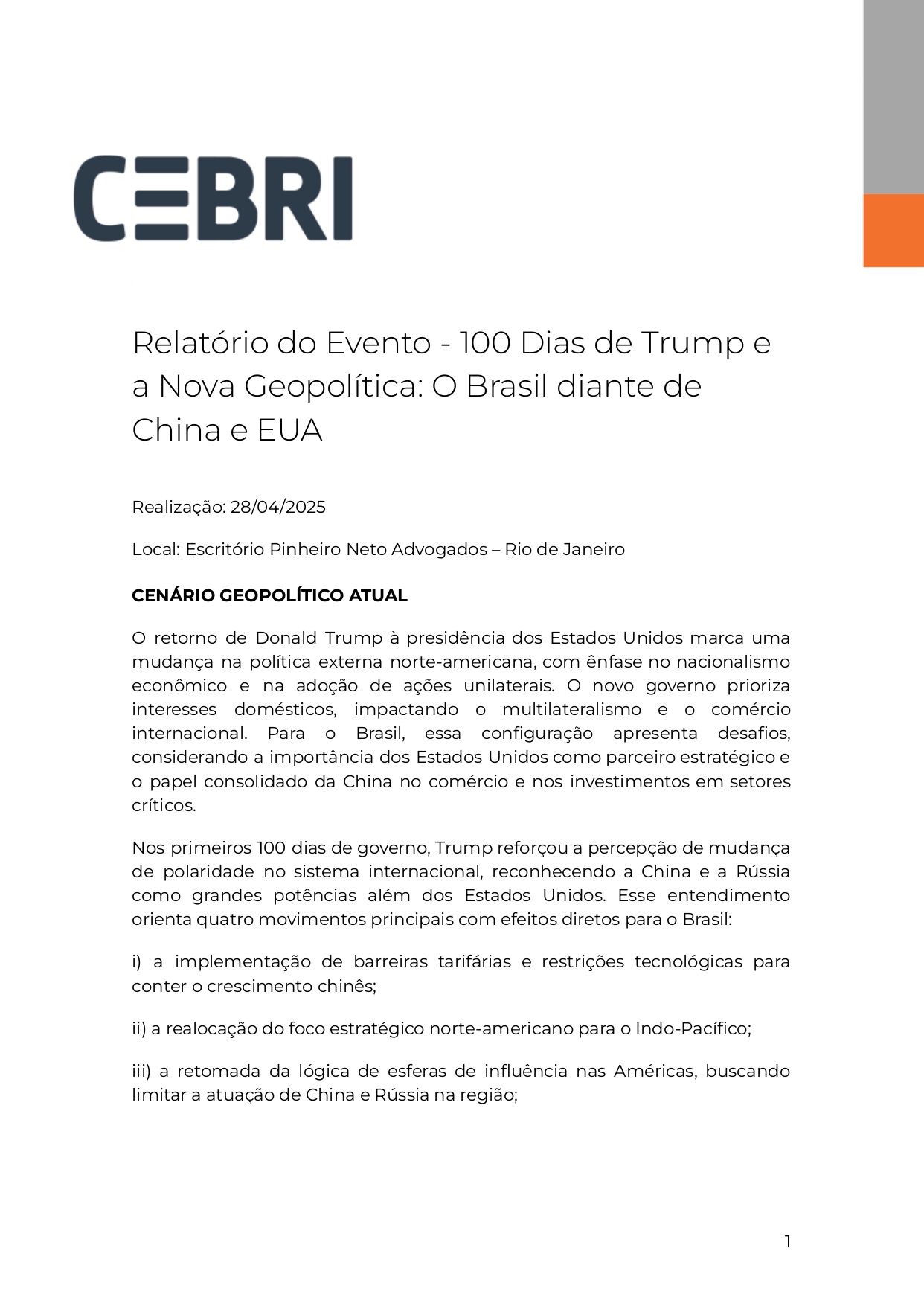

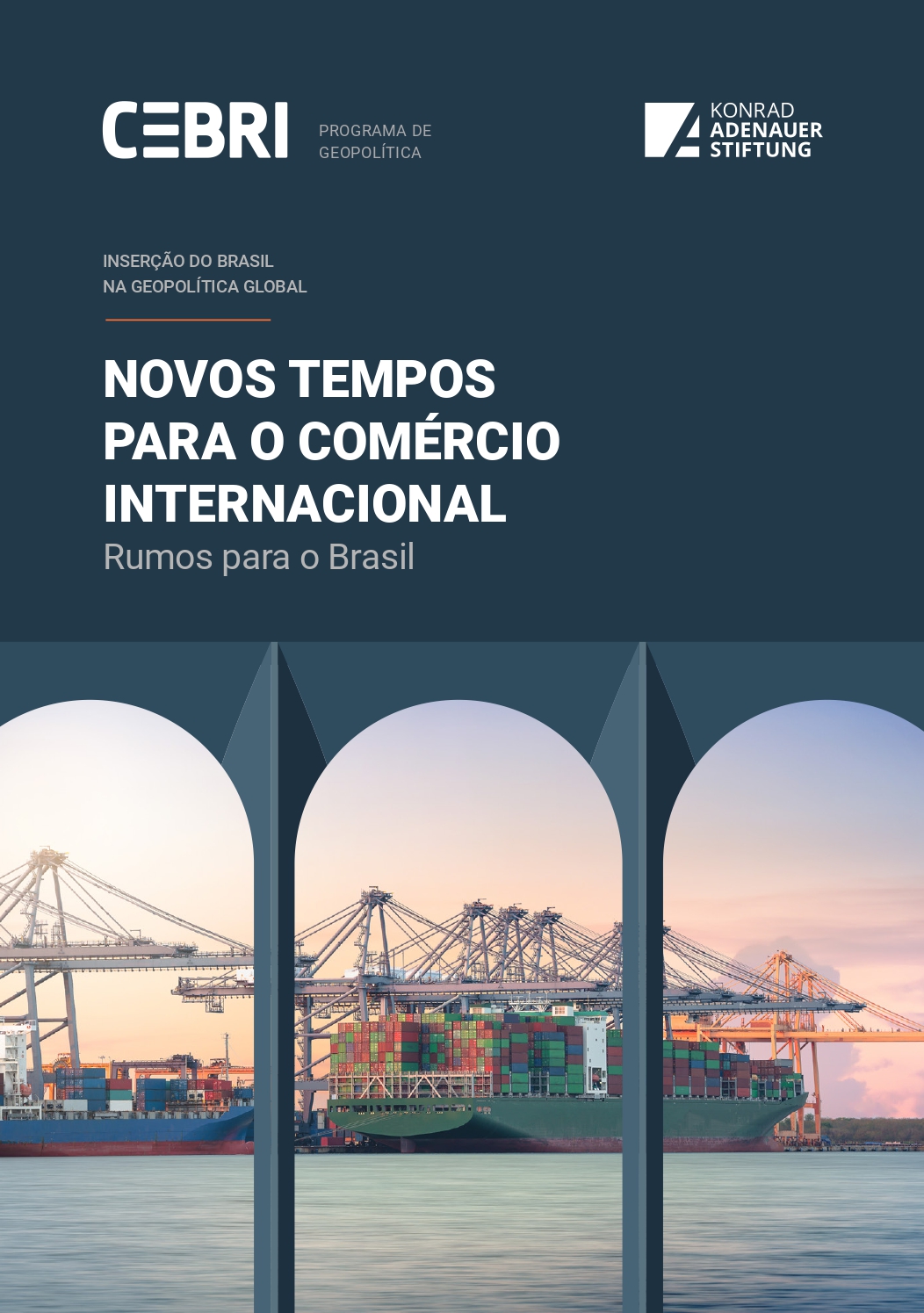
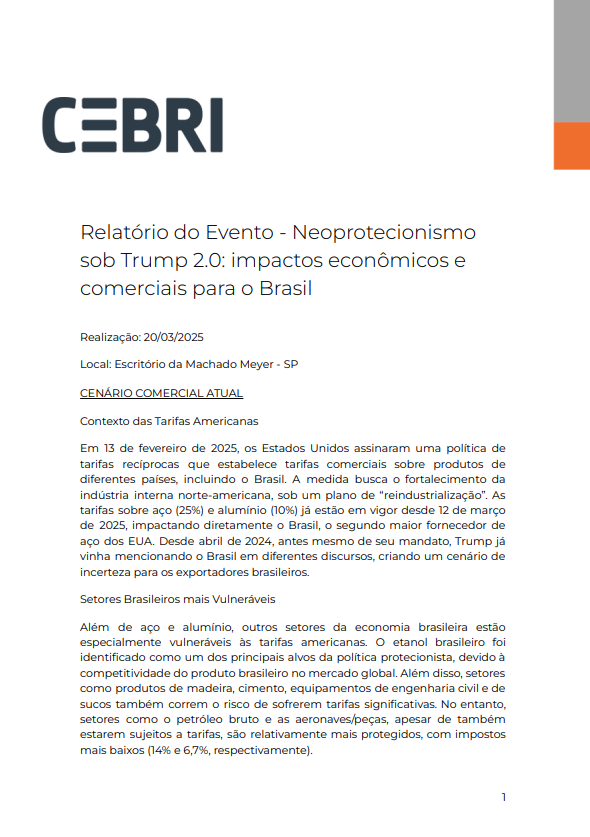
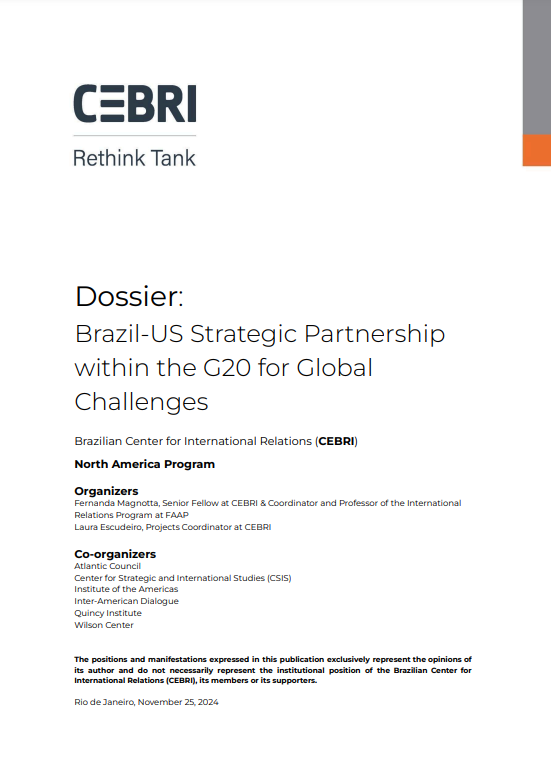
649f1ee6dbdcf.jpg)
